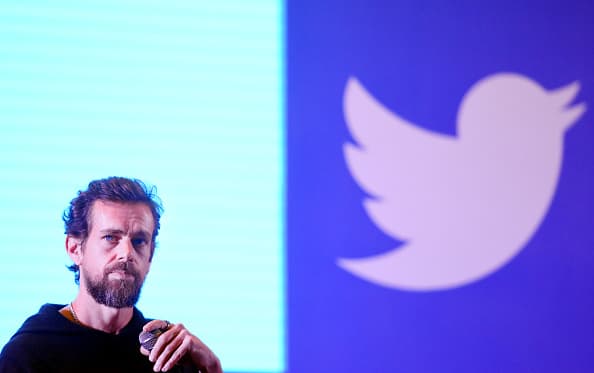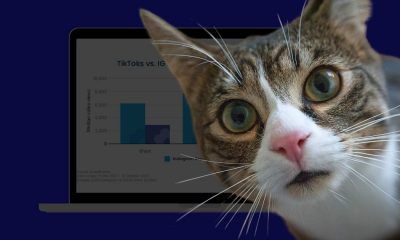SOCIAL MEDIA NEWS
Twitter shows possible updates, including Super Follow subscriptions
Twitter CEO and Co Founder, Jack Dorsey addresses students at the Indian Institute of Technology (IIT), on November 12, 2018 in New Delhi, India.Amal KS | Hindustan Times | Getty ImagesTwitter on Thursday announced a number of new features that the company is experimenting with, including Super Follow subscriptions, which will let users pay to see tweets from their favorite accounts.Twitter showed the new features during its annual Analyst Day. The company kicked off the event by announcing new goals to grow its user base to 315 million monetizable daily active users, or mDAUs, by the end of 2023 and reach $7.5 billion annual revenue in 2023, double the $3.72 billion revenue that the company reported in 2020.The features previewed are intended to help the company hit its 2023 user and revenue goals.These are the most notable features:Super FollowsThe company said it will explore the idea of Super Follows, which will allow users to pay for subscriptions to their favorite Twitter accounts. A screenshot of the feature shows that Super Follows could provide subscribers with exclusive content, such as newsletters, as well as unique supporter badges, among other benefits.Twitter said it is also exploring the idea of allowing users to tip their favorite accounts. The company did not say when these features will roll out or provide any clear-cut details on how they will work.We “think that an audience-funded model where subscribers can directly fund the content that they value most is a durable incentive model that aligns the interests of creators and consumers,” said Dantley Davis, Twitter head of design and research.Later, in a Q&A session, Twitter Product Lead Kayvon Beykpour said the company plans to bring Super Follows to market some time this year, and elaborated that the price point will be customizable.MicrocommunitiesBeykpour announced that the company is working on a new feature that will allow users to create, discover and join microcommunities, such as communities of users who care about social justice or those who are plant parents.Users who run the microcommunities would also be able to set and enforce social norms that go above Twitter’s standard terms of service, Beykpour said.The company will start to publicly experiment with this feature later this year, Beykpour said. The feature is part of the company’s efforts to boost user growth by more easily connecting users with topics and interests that they care about.”We must improve at letting people have conversations that are more targeted to the relevant communities or geographies they’re interested in,” Beykpour said.Safety modeTwitter executives emphasized that maintaining a healthy environment free of abuse and harassment is key to growing the company’s user base.”We don’t believe Twitter alone can or should be a police officer for all conversations,” Beykpour said. “Not only because this is difficult to scale, but because there are many circumstances where we believe it’s important for people on Twitter to create and enforce their own social norms and etiquette.”As part of this effort, the company briefly showed a feature that appears to be called “safety mode.”This feature would automatically detect when a user starts to receive a flurry of negative interactions from others. A screenshot of the features appears to indicate that users could activate safety mode to limit engagement from accounts that are acting abusively or spamming them.”Automatically block accounts that appear to break the Twitter Rules, and mute accounts that might be using insults, name-calling, strong language, or hateful remarks,” reads a screenshot of the feature.BirdwatchBirdwatch could combat the spread of misinformation on the social network through the help of user contributions, Twitter said.”While our work in labeling misleading information started with a Twitter-led effort to label tweets, Birdwatch is a more scalable, Wikipedia-like model where an open community of contributors can collectively determine when context should be added to a tweet and what that context should say,” Beykpour said.An example of the feature shows a tweet that states that whales are not real labeled with notes from Twitter users that call the tweet “misinformed, or potentially misleading.” One of the notes reads “Sea mammals are in fact real.”
Source link













